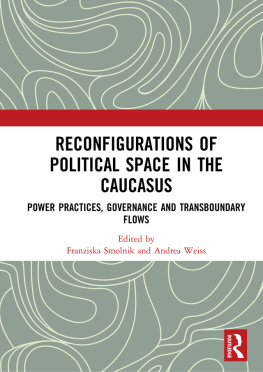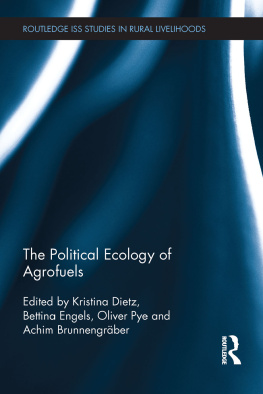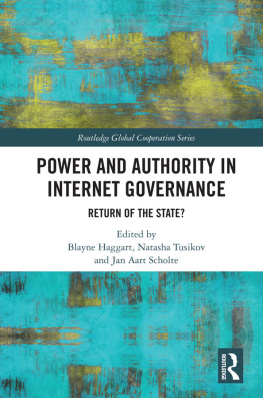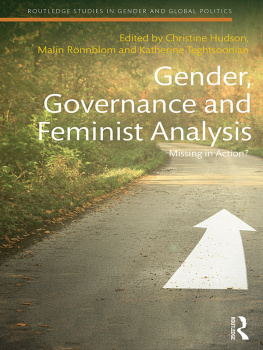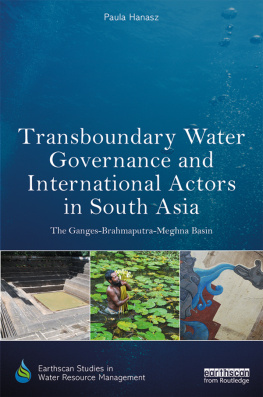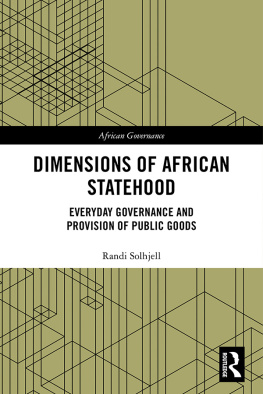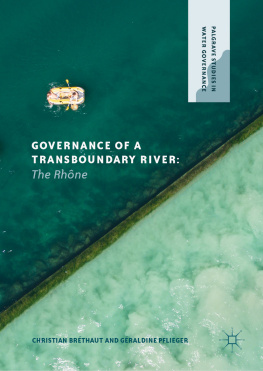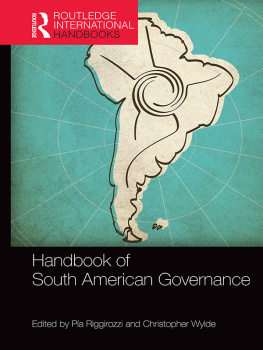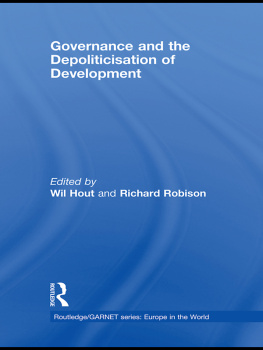Reconfigurations of Political Space in the Caucasus
In order to analyse configurations of power that transcend the territorial trap, the Caucasus is an excellent case in point. Its past and present exhibit an extraordinary richness in power practices of diverse forms that intersect on various scales. This comprehensive volume offers an innovative procedural perspective on the actual workings of power not necessarily tied to the nation- state. Its focus goes well beyond national scales to tackle the manifold impacts of transboundary flows.
The authors, from a wide range of academic disciplines, provide original empirical data from this intriguing but largely untapped region, with respect to the critical study of statehood. They also shed light on the diversity of political space and the ongoing process of spatial re-alignment. The chapters in this collection focus on: land governance practice in the North Caucasus; practices of local administration in Georgia; Shia influence from Iran in Azerbaijan; and trajectories of Ottoman influence in Adjara and Abkhazia respectively. They cover the South as well as North Caucasus, examining configurations of power that entangle smaller and larger scales, and providing perspectives on transboundary flows between the area and both Turkey and Iran.
This book was originally published as a special issue of the journal Eurasian Geography and Economics.
Franziska Smolnik is a political sociologist currently working as a senior researcher at Eastern Europe and Eurasia Division of the German Institute of International and Security Affairs in Berlin, Germany.
Andrea Weiss is a social anthropologist and freelance researcher who specialises in the Caucasus and its neighbourhood.
Reconfigurations of Political Space in the Caucasus
Power Practices, Governance and Transboundary Flows
Edited by
FranziskaSmolnikandAndreaWeiss
First published 2019
by Routledge
2 Park Square, Milton Park, Abingdon, Oxon, OX14 4RN
and by Routledge
52 Vanderbilt Avenue, New York, NY 10017
Routledge is an imprint of the Taylor & Francis Group, an informa business
2019 Taylor & Francis
All rights reserved. No part of this book may be reprinted or reproduced or utilised in any form or by any electronic, mechanical, or other means, now known or hereafter invented, including photocopying and recording, or in any information storage or retrieval system, without permission in writing from the publishers.
Trademark notice: Product or corporate names may be trademarks or registered trademarks, and are used only for identification and explanation without intent to infringe.
British Library Cataloguing in Publication Data
A catalogue record for this book is available from the British Library
ISBN13: 978-0-367-23682-3
Typeset in Myraid pro
by Newgen Publishing UK
Publisher's Note
The publisher accepts responsibility for any inconsistencies that may have arisen during the conversion of this book from journal articles to book chapters, namely the inclusion of journal terminology.
Disclaimer
Every effort has been made to contact copyright holders for their permission to reprint material in this book. The publishers would be grateful to hear from any copyright holder who is not here acknowledged and will undertake to rectify any errors or omissions in future editions of this book.
The chapters in this book were originally published in the journal Eurasian Geography and Economics, volume 58, issue 5 (October 2017). When citing this material, please use the original page numbering for each article, as follows:
Chapter 1
Transboundary processes and (re-)c onfigurations of political space in the Caucasus
Franziska Smolnik and Andrea Weiss
Eurasian Geography and Economics, volume 58, issue 5 (October 2017) pp. 469480
Chapter 2
Local government reforms in Georgia and their impact on state-so ciety relations
Katharina Hoffmann
Eurasian Geography and Economics, volume 58, issue 5 (October 2017) pp. 481501
Chapter 3
Governing the local in the North Caucasus
Jan Koehler, Alexey Gunya and Timur Tenov
Eurasian Geography and Economics, volume 58, issue 5 (October 2017) pp. 502532
Chapter 4
Shia groups and Iranian religious influence in Azerbaijan: the impact of transboundary religious ties on national religious policy Ansgar Jdicke
Eurasian Geography and Economics, volume 58, issue 5 (October 2017) pp. 533556
Chapter 5
Political space and borderland practices in Abkhazia and Adjara: exploring the role of Ottoman legacies and contemporary Turkish influences
Franziska Smolnik, Andrea Weiss and Yana Zabanova
Eurasian Geography and Economics, volume 58, issue 5 (October 2017) pp. 557581
Chapter 6
Internationalization of science and regional political studies (the case of the Caucasus)
Vladimir Kolosov
Eurasian Geography and Economics, volume 58, issue 5 (October 2017) pp. 582586
For any permission-r elated enquiries please visit:
www.tandfonline.com/page/help/permissions
Alexey Gunya is a professor at Kabardino- Balkarian State University, Russia, a professor at the Chechnyan State University, Russia, and a senior researcher in the Institute of Geography at the Russian Academy of Sciences, Russia. He is a geographer and anthropologist with broad experience of field work.
Katharina Hoffmann is a researcher at the Center for Governance and Culture in Europe at the University of St. Gallen, Switzerland. She is working on a postdoctoral project on hybrid political regimes and their manifestation in communal governance in Armenia and Azerbaijan.
Ansgar Jdicke is a senior lecturer in the Department of Social Sciences at the University of Fribourg, Switzerland. He is the main coordinator of the project Religion, Democracy, and Nation in the Southern Caucasus. A Comparative Analysis of Key Concepts in Armenia, Georgia, Azerbaijan.
Jan Koehler is a postdoctoral researcher for the research project SFB 700 Governance at the Freie Universitt Berlin, Germany.
Vladimir Kolosov is a professor and head of laboratory in the Institute of Geography at the Russian Academy of Sciences, Russia. He is president of the International Geographical Union and a member of the Presidium of Russian Geographical Society.
Franziska Smolnik is a political sociologist currently working as a senior researcher at Eastern Europe and Eurasia Division of the German Institute of International and Security Affairs in Berlin, Germany.
Timur Tenov is a head of the Department for Socio-P olitical Theory and Technologies at Kabardino- Balkarian State University, Russia. He is a political scientist. He conducts fieldwork in the North Caucasus.
Andrea Weiss is a social anthropologist and freelance researcher who specialises in the Caucasus and its neighbourhood.
Yana Zabanova is a PhD student at Governance in Emerging Economies Germany. She was previously a professional research analyst on the South Caucasus.

